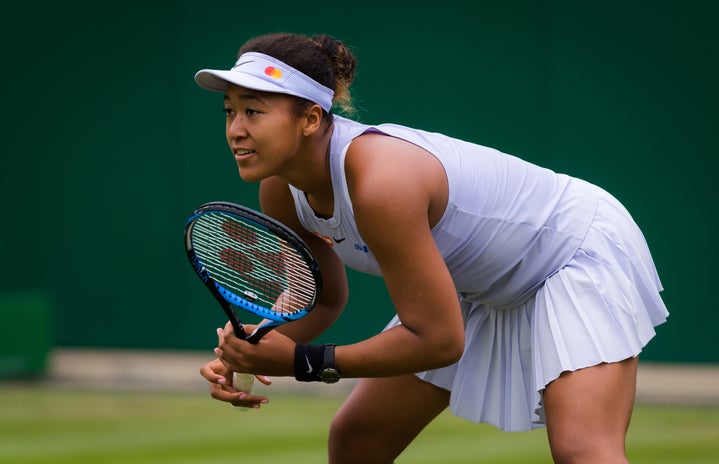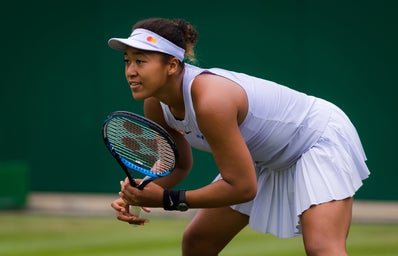For as long as sports have been around, mental health issues have followed behind. However, it wasn’t until recently that true advocacy for athlete mental health has come about. Like most mental health topics, there is a dark cloud of stigma surrounding it. It’s often looked upon as taboo to speak about struggles. We often expect athletes especially to stay strong and to not show any weakness. This is ironic because we put athletes under a lot of pressure and all of their mistakes and ugly moments are nationally televised. This is why so many wanted more advocacy for athlete mental health. This is just the beginning of a world where athletes are more than just athletes and they are allowed to express their struggles.
Many of us have heard the word ‘burnout’ by now. Burnout regarding athletes refers to when athletes have been participating in their sport physically, mentally, and emotionally for long enough that they start to become stale. Sometimes they lose their love for the sport due to this burnout. This is incredibly hard for the athletes and even harder to admit. We’ve seen this happen a lot recently. Two athletes that have spoken about their burnout are Simone Biles and Naomi Osaka. During the US Open in 2021, Naomi Osaka took a step back from tennis. Osaka started a conversation on stepping away from your sport when it is no longer serving you well. These conversations reduce the stigma around athlete burnout and make it more common for athletes to speak out. These must continue in order for these athletes to feel heard and know that it’s okay to not be okay.
Whether it is burnout or just plain mental health struggles, more and more athletes have been speaking out. One of the most popular athletes to do this was Kevin Love, the famous basketball player who, at the time, played for the Cleveland Cavaliers. In 2018, Love experienced a panic attack that would shake him to his core. This was the wake up call for Love to get serious about his mental health. There was no ignoring it anymore, it was too prevalent. After this anxiety attack, Love started his journey publicly to better his mental health. It was vital to Love that he made it known that it is okay to not be okay no matter who you are. Since his public journey, he has given back in so many ways. The Kevin Love Fund was founded and he supplied many UCLA and Cleveland athletes with Headspace—a mental health care app—accounts. Kevin Love was one of many athletes to give a voice to those suffering with their mental health and to reduce the incredibly strong stigma surrounding this subject.
Overall, athletes themselves are paving the way for the conversation of athlete mental health to thrive and to only become more common. No matter the level of athletic performance, mental health should always be a priority. It is vital that this conversation continue so that fewer athletes suffer in silence. The most common theme among all of this is that it is okay to not be okay. This is a simple sentence that means so much. Thank you to all the athletes and all the future athletes that will continue to trailblaze.



